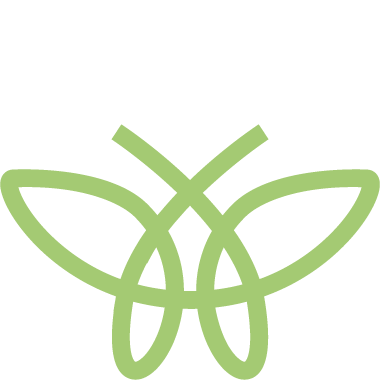The idea of self-care may be a foreign concept for many. That is certainly true of MANY people in early recovery. Often, we do not know our “self” very well yet and have no idea what “care” that self may need. Others may think that someone else is supposed to take “care” of them or better yet, they don’t need care at all. Nevertheless, the truth is that if we do not take care of ourselves, no one else is going to do it for us. In addition, if we don’t make self-care a priority, we risk our recovery.
The Oxford Dictionary defines self-care as “the practice of taking an active role in protecting one’s own well-being and happiness, in particular during periods of stress.” While the definition gets to the heart of the matter, self-care need not be kept on the shelf until dire circumstances force us to make it a priority. Too often in recovery a situation reaches a crisis point, affecting our physical, mental and emotional health, before we recognize that self-care is long overdue.
In recovery, the idea of self-care is initially introduced by the acronym, H.A.L.T. (hungry, angry, lonely, tired). People in recovery recognize that any of these factors, (or worse, a combination of these), can cause a spiraling down of well-being. At Pavillon, our day purposefully follows a routine, with lights out at 11:30, ensuring time for a full night’s rest. Chef Bryan prepares three nutritious and satisfying meals each day. For many, it has been a long time since they had a full night’s sleep and a decent meal. We begin each day with meditation and yoga, making care of self the first priority of the day. Massage, acupuncture and daily exercise are all part of the standard of care. We repeatedly reinforce the message that taking care of self is paramount to growing recovery. These components of a burgeoning spiritual program foster a sense of hope that is critical to the resilience of recovery.

https://unsplash.com/photos/jXwZOSXC7KA
Over time, we may develop a daily self-care routine or choose activities that define self-care for ourselves. This may include taking a walk in the woods, getting a pedicure or taking the afternoon off to read a book or watch a movie. We get to define what self-care looks like for us. The point is that we are aware of our needs and make an effort to meet those needs on a regular basis. A consistent practice of self-care helps to maintain physical, mental and emotional balance and establishes us on a firm foundation to meet the difficulties of life.
To be clear, while recovery programs teach us to become aware of selfish and self-centered behavior, self-care is not selfish. We are not able to offer up our best selves, our brightest light, to our families, friends, employers and communities if we don’t first ensure our own wellness. As the AA medallion states, “To Thy Own Self Be True”.
In recognition of the importance of self-care, Pavillon’s Spiritual/Wellness Director Wolf, will be offering monthly spiritual retreat weekends starting in 2023. The “Getting Out of Our Own Way” Spiritual and Wellness Self-Care Retreat will take place, February 17th-19th, 2023. The weekend will begin with a welcoming fire circle with relaxing music. Over the course of the weekend, participants will renew their hearts, minds, and spirits through music, yoga, meditation walks, creative expression, acupuncture, sound journeying, and storytelling. A renewed sense of energy, laughter, and self-care insights, will be the gifts of the retreat. For more information, contact Maria at 828-694-2300, ext. 193 or mariam@pavillon.org
